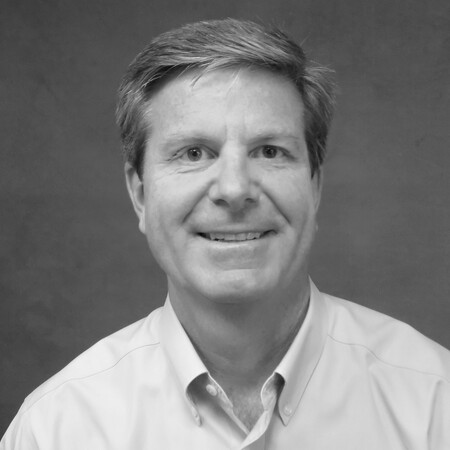
I am looking forward to working with you over the next two years to improve U.S. stormwater programs as well as overall stormwater quality.
The U.S. Municipal Separate Storm Sewer Systems (MS4) program is currently at a crossroads. On the regulatory side, it faces needs to implement numeric standards through total maximum daily loads (TMDLs) and retrofit the built environment with green infrastructure. On the technical side, our tools remain somewhat primitive for removing dissolved compounds from stormwater. Also, the tens of millions of potential pollutants and episodic volumes of stormwater runoff complicate practical and economical solutions to improve runoff water quality.
My overarching goal for the WEF Stormwater Institute is to help move the national stormwater program forward, identifying ways to improve the performance of stormwater infrastructure investments as well as cost-effective ways to implement these investments. An additional goal is to improve access to funding and other resources to help MS4 permittees implement more robust programs.
Some of the specific ideas I plan to discuss with the Advisory Committee for potential development by WEF include the following:
The Stormwater Institute also will continue to support implementation of the Stormwater Testing and Evaluation of Products and Practices (STEPP) program, now under the stewardship of the National Municipal Stormwater Alliance (NMSA). STEPP is an important initiative that will enable stormwater programs to optimize their investments.
My 37-year career in water resources has prepared me well for my term as chair of the WEF Stormwater Institute Advisory Committee. I am a civil engineer based in California with professional registration in ten states. I have received recognition as an American Society of Civil Engineers (Reston, Virginia) Fellow, and hold a Diplomate designation from the American Academy of Water Resources Engineers (Reston, Virginia). I have been a member of the California Stormwater Quality Association for more than 20 years and served a term as Chairman of the Board.
My professional career includes work in hydrology, hydraulics, sediment transport, as well as stormwater quality and management. My focus for the past 20 years has been MS4 programs.
Along with Randy Neprash and Seth Brown, I founded NMSA, a nonprofit organization dedicated to assisting MS4s in implementing their stormwater programs, and currently serve as its chair. In addition to its technical work, NMSA aims to provide a unified, national voice on MS4 issues.
Learn more about the WEF Stormwater Institute on its homepage.
Originally appeared in January 2022 in The Stormwater Report, stormwater.wef.org. Reprinted with permission from the Water Environment Federation. All rights reserved.